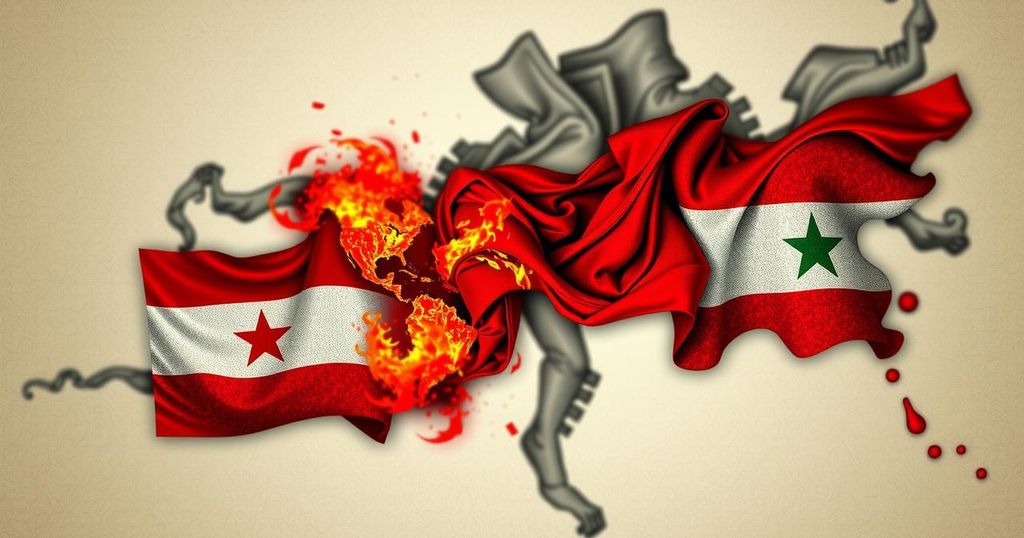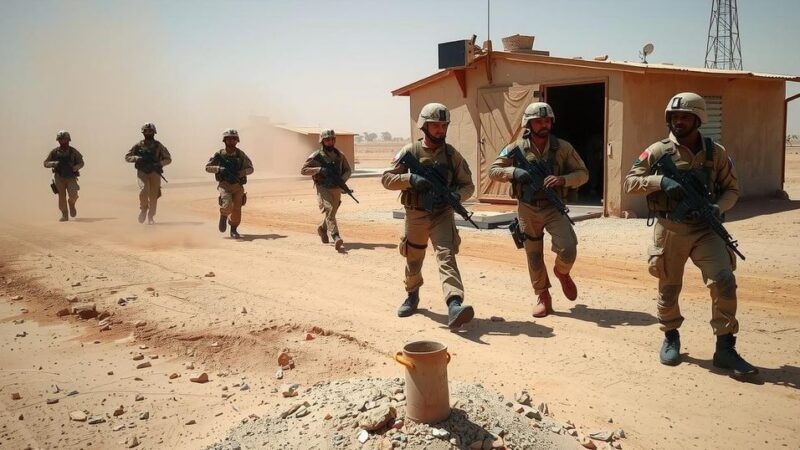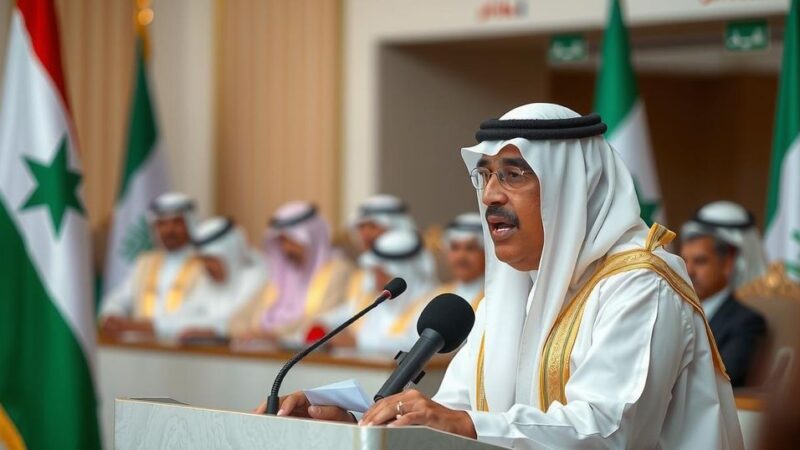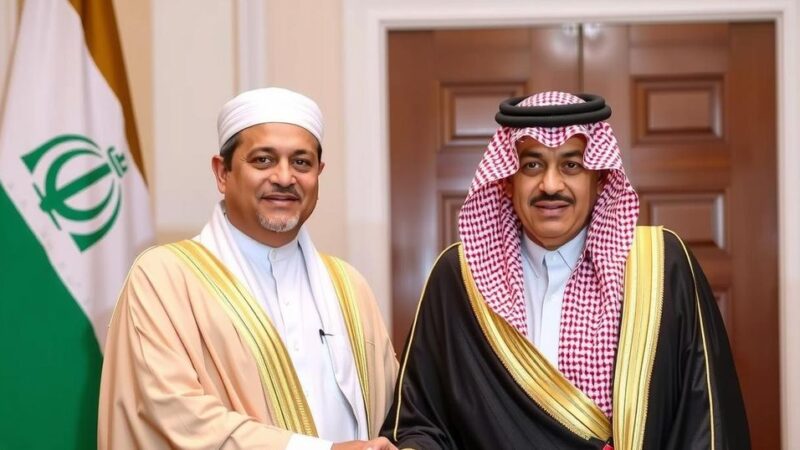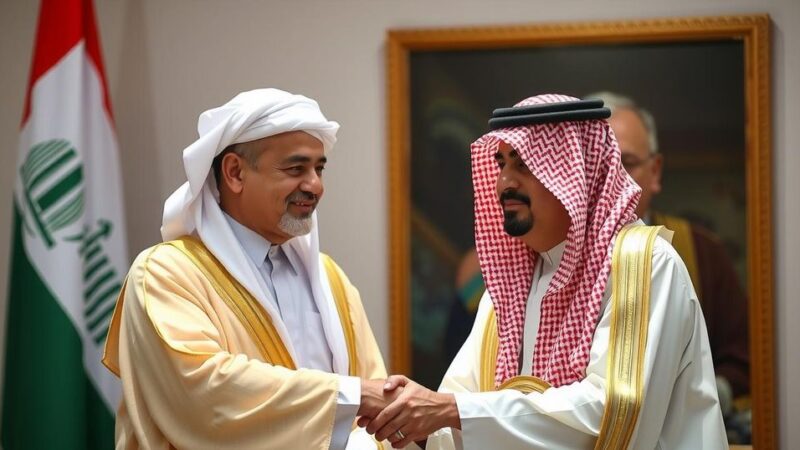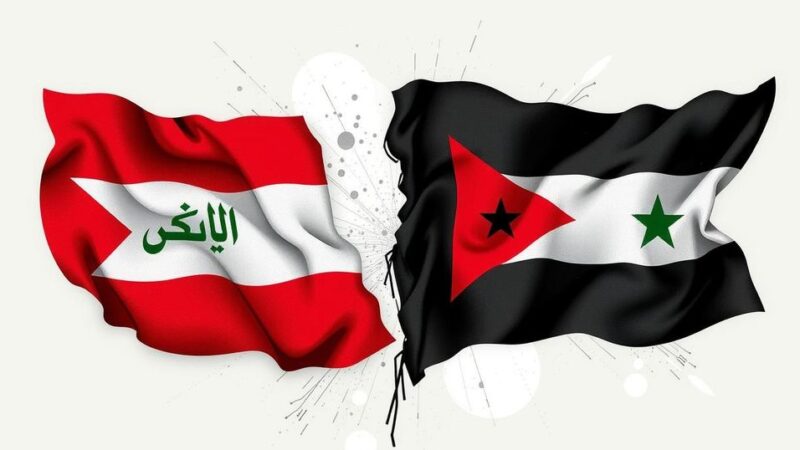The Syrian conflict began in 2011 as a response to decades of oppression under the Assad regime, evolving from peaceful protests into armed resistance. External interventions from Iran, Russia, and Turkey further complicated the situation, establishing a sectarian struggle for identity among the Sunni majority. Despite widespread devastation, the Syrian people remain hopeful for a future with just governance.
The Syrian conflict, which began in 2011 amidst the Arab Spring, is rooted in decades of oppression under the Assad regime. Initially ignited by peaceful protests demanding basic rights, the conflict escalated as the government’s violent repression galvanized an armed uprising among the Sunni Muslim majority. Major powers, including Iran and Russia, intervened to support Assad, leading to a protracted sectarian struggle that further alienated the Sunni population. Concurrently, Turkey, seeing the conflict as a threat to its own stability, ramped up support for the rebels, striving to establish its geopolitical influence in the region. The Kurdish population in northeastern Syria also seized the opportunity for autonomy, complicating the situation amid competing interests from various local and international actors. Despite the devastation—over a million deaths, widespread displacement, and horrific human rights violations—the Syrian people continue to aspire for a just Islamic governance in their homeland, underscoring their enduring hope amid despair.
The Syrian conflict traces its roots back to the oppressive rule of the Assad regime, which dominated through authoritarianism for over four decades. When protests erupted in 2011, they were initially peaceful and demanded freedom and human rights. However, the regime’s violent crackdowns transformed public dissent into armed rebellion, particularly among the Sunni majority, who felt increasingly marginalized. The involvement of external powers like Iran and Russia altered the dynamics of the conflict, adding layers of complexity, particularly through the lens of sectarianism and geopolitical strategies.
The Syrian conflict is emblematic of the struggle for identity, dignity, and political representation among its people. With foreign powers often complicating the internal struggle, the situation has devolved into a multi-faceted crisis where both hope and suffering coexist. Despite immense challenges, the aspiration for a just system persists within the Syrian populace, reflecting their resilience against overwhelming odds and their enduring hope for a brighter future.
Original Source: indiatomorrow.net

